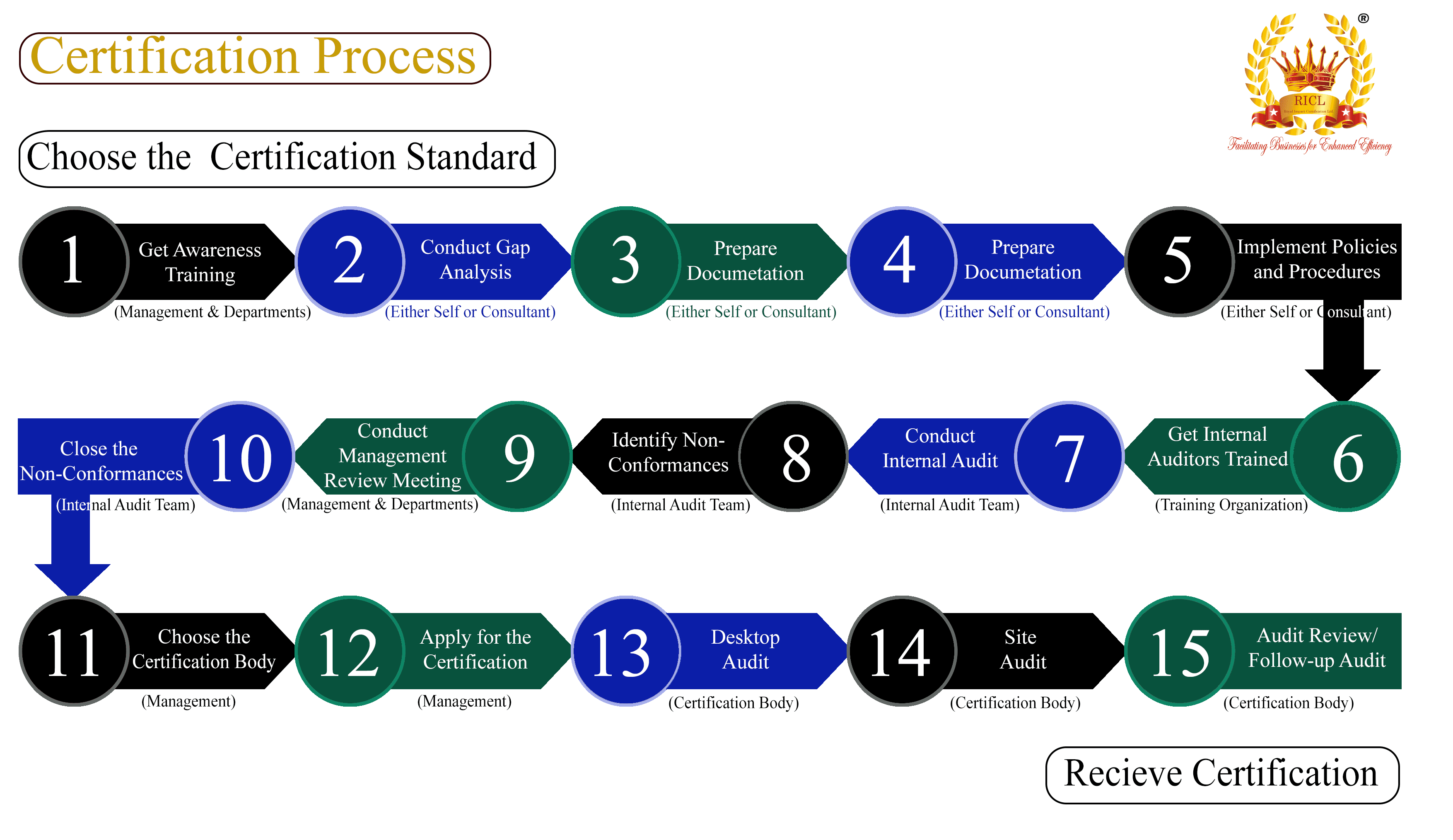
FSC
The Forest Stewardship Council (FSC) is an international non-profit organization dedicated to promoting responsible forest management worldwide. FSC certification ensures that products come from responsibly managed forests that provide environmental, social, and economic benefits.
FSC stands for the Forest Stewardship Council, an international non-profit organization founded in 1993 to promote responsible management of the world’s forests. The FSC certification system provides a way to ensure that the forestry products consumed are sourced from responsibly-managed forests that provide environmental, social, and economic benefits.
The FSC certification is especially crucial in industries where wood and paper products are extensively used, ensuring sustainability in the supply chains. Here are some key aspects of the FSC:
Sustainability: FSC certification ensures that forests are managed in a way that preserves biological diversity and benefits the lives of local people and workers, while ensuring it sustains economic viability.
Traceability: FSC certification includes a chain-of-custody system that traces the wood from forests through all stages of processing and distribution, ensuring that products sold as FSC certified are genuinely sourced from responsibly managed forests.
Environmental Protection: FSC certification helps protect ecosystems, respects native cultures and economies, and prevents illegal logging, thus contributing to environmental conservation.
Voluntary Participation: FSC operates a voluntary program with the buy-in of environmental and social groups, the timber industry, businesses, consumers, and governments.
Standards and Principles: FSC certification is guided by ten principles and associated criteria that cover legal issues, indigenous rights, labor rights, conservation, monitoring, and more.
FSC-certified products are often preferred in global markets, reflecting a commitment to environmental and social responsibility. This certification is crucial for businesses seeking to demonstrate sustainability, comply with environmental regulations, or meet the CSR (Corporate Social Responsibility) expectations of their customers and investors.

FSC certification is sought after by a wide range of industries that use or trade in wood and other forest products. Here are the industries that are often involved in FSC certification:
- Lumber production and processing
- Pulp and paper manufacturing
- Furniture making
- Construction and building materials
- Flooring
- Packaging industry
- Print and publishing houses
- Musical instruments manufacturing
- Wooden toys and crafts production
- Architectural and interior design
- Landscaping supplies
- Sports equipment manufacturing
- Textile industry (for cellulose fibers)
- Biomass production for energy
- Stationery products manufacturing
- Retail chains selling wood products
- Outdoor and garden furniture production
- Art and picture framing
- Kitchen and household items production
- Plywood and panel production
- Forestry equipment and supplies
- Wood veneer manufacturing
- Logging companies
- Sawmills
- Wood treatment and finishing products
- Shipbuilding
- Wooden tool handles manufacturing
- Decking and fencing materials
- Joinery (windows and doors)
- Wood carving and turnery
- Flooring adhesives and coatings
- Railway sleepers production
- Wood glue manufacturing
- Specialty papers (e.g., tea bags, coffee filters)
- Wooden watch and clock making
- Wood recycling companies
- Environmental non-profits
- Wildlife conservation projects
- Educational materials producers
- Luxury goods manufacturers
- Export and import businesses
- Home decor and accessories
- Eco-tourism and outdoor recreation
- Forest nurseries
- Carbon offset projects
- Real estate (for eco-friendly properties)
- Wood-based sculptures and installations
- Insurance companies (related to forest assets)
- Legal services (focused on environmental law)
- Certification and consulting services related to sustainability
[sp_easyaccordion id=”10761″]
[formsapp id=”662f63f6c4dd546c9916c3db”]
